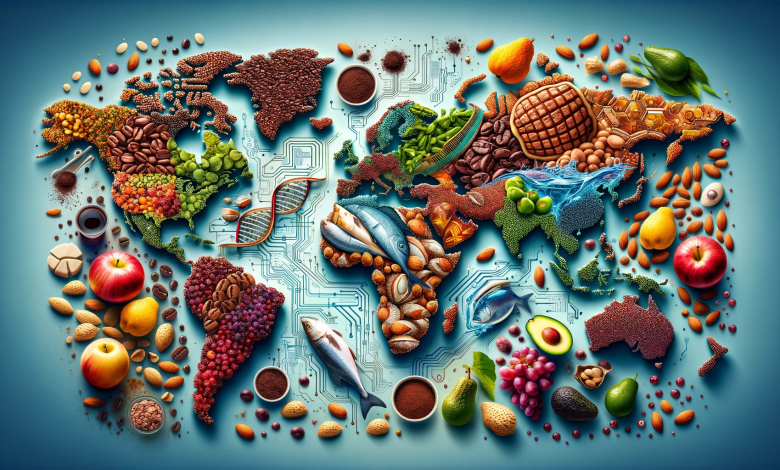Tech’s Race Against Climate-Induced Food Scarcity

In the unfolding narrative of climate change and its widespread impacts, technology emerges as a key player in the tale of our evolving diets. Current research and expert opinion paint a stark picture: numerous beloved foods around the world are under threat due to the increasing effects of climate change.
Kernel News has learned that both essential staples and luxury items alike are facing significant challenges. These challenges stem from a range of factors including rising temperatures, unpredictable weather patterns, increased pests and diseases, and disrupted ecosystems. Highlighted below are some of the foods most at risk:
- Coffee: A global staple, coffee is in danger as coffee plants are exceptionally sensitive to temperature fluctuations. Major coffee-producing regions are experiencing changes in rainfall patterns and increased pest and disease outbreaks, jeopardizing worldwide supplies.
- Chocolate: The cacao tree, which provides the essential ingredient for chocolate, requires specific humid conditions found near the equator. With climate shifts, these prime cacao-growing areas are at risk, potentially reducing production.
- Wine Grapes: The wine industry, heavily dependent on specific geographical and climatic conditions, faces a changing landscape. Traditional wine regions are dealing with climate alterations, impacting both the quality and quantity of production.
- Seafood: As oceans warm due to climate change, fish migration patterns and habitats are changing, affecting seafood availability. Additionally, ocean acidification poses a significant threat, especially to shellfish populations.
- Almonds and Avocados: These popular foods demand large amounts of water, making them highly vulnerable in regions experiencing droughts intensified by climate change.
In response, technology and innovation are playing a crucial role. Startups and established tech companies are investigating solutions such as genetically modified crops more resilient to extreme conditions, advanced agricultural methods for more efficient water use, and AI-driven predictive analytics for enhanced crop management. Vertical farming and lab-grown foods are also emerging as sustainable options.
Nevertheless, these technological advancements come with their own set of dilemmas. Issues surrounding ethics, accessibility, and the preservation of traditional farming practices are at the forefront of ongoing discussions.
The intersection of technology and ecology in the realm of food production is a complex and continuously evolving story. As the world adapts to the changing realities of climate change, the role of technology in protecting and transforming our food systems becomes increasingly vital.





